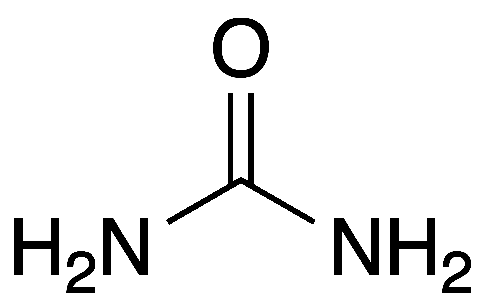
Jul . 28, 2024 21:16 Back to list
Exploring the Role of Potash in Enhancing Agricultural Productivity and Soil Health Practices
The Role of Potash in Agriculture
Potash, a term derived from potassium carbonate, holds a crucial position in the field of agriculture. Recognized for its essential role as a nutrient, potash is one of the three primary macronutrients necessary for plant growth, alongside nitrogen and phosphorus. Its significance in enhancing crop yield and quality cannot be overstated, making it a vital component of modern agricultural practices.
Importance of Potassium in Plant Growth
Potassium, the key element found in potash, is indispensable for various physiological processes in plants. It regulates water uptake, enhances photosynthesis, and aids in the synthesis of proteins and carbohydrates. Furthermore, potassium contributes to the overall health of plants by improving their resistance to diseases and adverse environmental conditions, such as drought and salinity. This resilience is increasingly important as climate change continues to affect global agriculture.
Studies have shown that adequate levels of potassium in soil lead to increased crop yields. For instance, crops like corn, wheat, and rice benefit significantly from potash application. In fact, research indicates that crops that receive sufficient potassium can produce yields that are up to 30% higher compared to those with potassium deficiencies. This not only aids farmers in maximizing their productivity but also helps in ensuring food security for growing populations.
Potash Application in Agriculture
In agriculture, potash is typically applied in the form of fertilizers, with potassium chloride being the most common. Depending on soil conditions and crop requirements, the application rates can vary. Farmers often conduct soil tests to determine the potassium levels in their fields and to devise effective fertilization strategies. This precision agriculture approach ensures that crops receive the optimal amount of potash, enhancing their growth while minimizing environmental impact.
potash use in agriculture

Moreover, the timing of potash application is critical. Applying potash during the planting phase or at specific growth stages can significantly affect nutrient uptake and crop development. For example, applying potassium before the flowering stage can boost flowering and fruit development in crops, leading to better yields.
Environmental Considerations
While potash is essential for agricultural productivity, its use must be managed wisely to mitigate environmental impacts. Over-application of potash can lead to nutrient runoff, causing water pollution and adversely affecting aquatic ecosystems. Therefore, sustainable practices, such as crop rotation, cover cropping, and integrated nutrient management, should be employed to maintain soil health and reduce environmental degradation.
In addition, there is a growing emphasis on organic and sustainable farming practices, where natural sources of potassium, such as green manure and compost, are utilized. These methods not only supply potassium but also improve soil structure and biodiversity, contributing to a healthier agricultural ecosystem.
Conclusion
In conclusion, potash plays a vital role in modern agriculture, supporting plant health, increasing crop yields, and ensuring food security. As farmers face the challenges of a changing climate and the need for sustainable practices, the judicious use of potash remains a cornerstone of effective agricultural management. By balancing the necessity of potash in crop production with environmental stewardship, the agricultural sector can continue to thrive while safeguarding the planet for future generations. Thus, potash is not only a key input but a vital ally in the quest for sustainable agricultural development.
-
Premium 10 10 10 Fertilizer Organic for Balanced Plant Growth
NewsJul.29,2025
-
Premium 10 10 10 Fertilizer Organic for Balanced Plant Growth
NewsJul.29,2025
-
50 Pound Bags of 13-13-13 Fertilizer for All Plants – Bulk & Organic Options
NewsJul.28,2025
-
High-Efficiency 15-30-15 Granular Fertilizer for Healthy Crops
NewsJul.28,2025
-
15-30-15 Granular Fertilizer for Optimal Crop & Lawn Growth
NewsJul.27,2025
-
Premium 10 10 10 Water Soluble Fertilizer for Fast Plant Growth
NewsJul.26,2025
